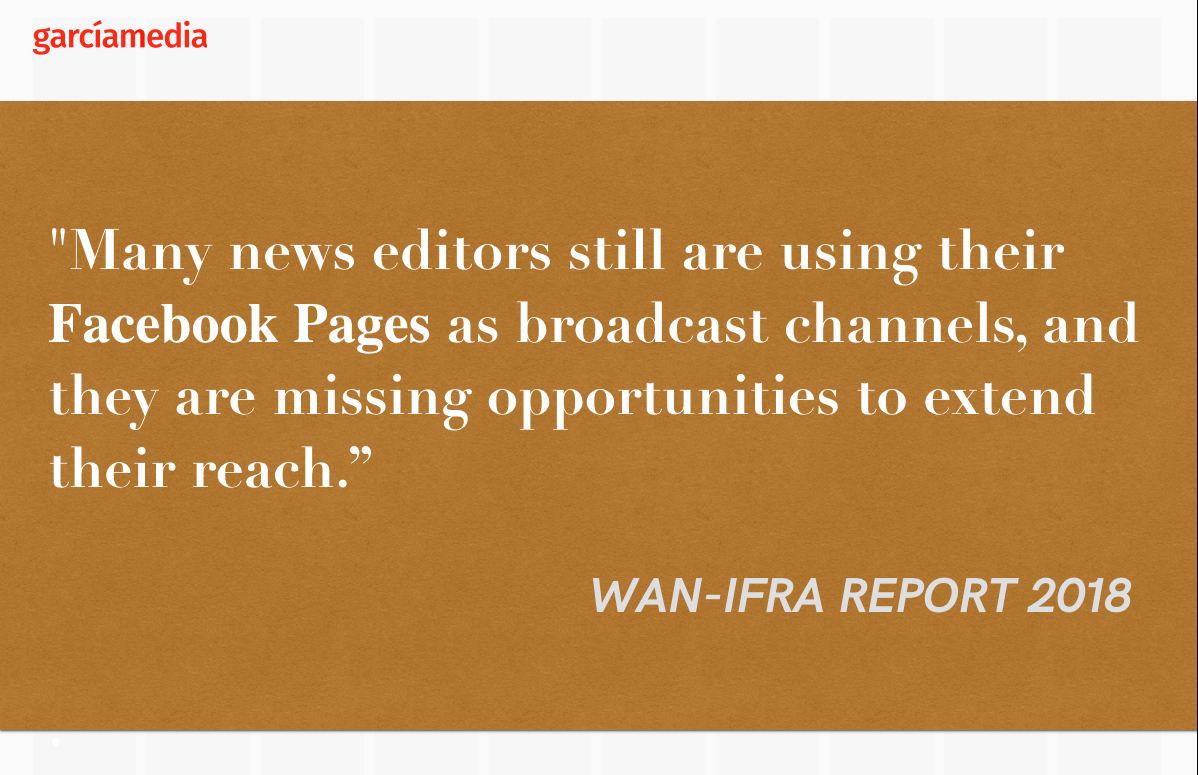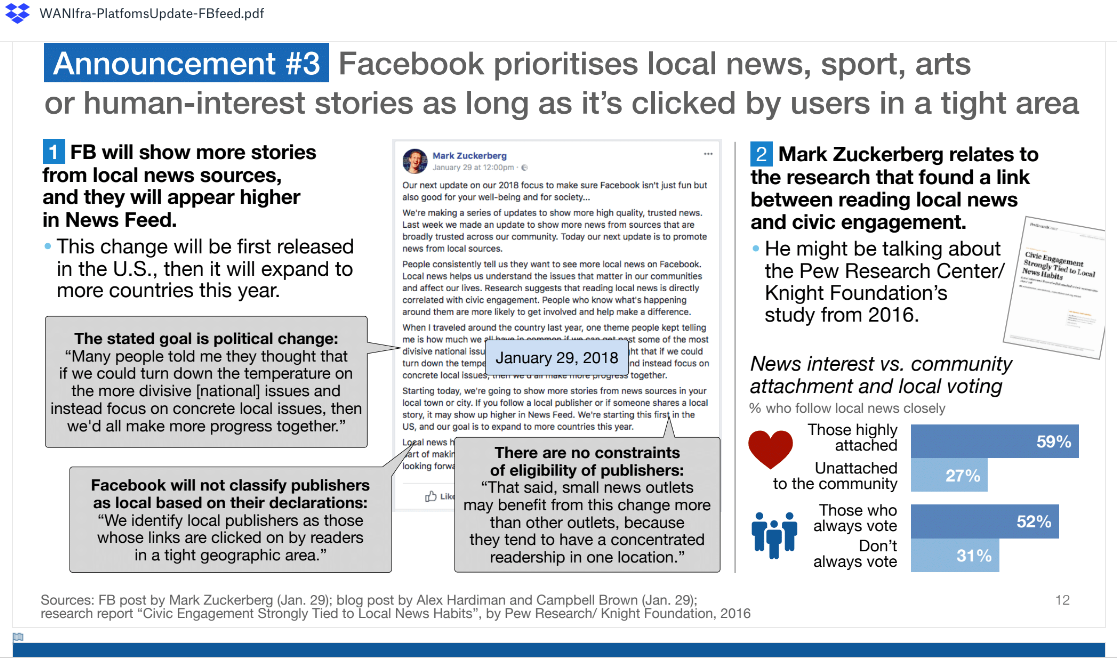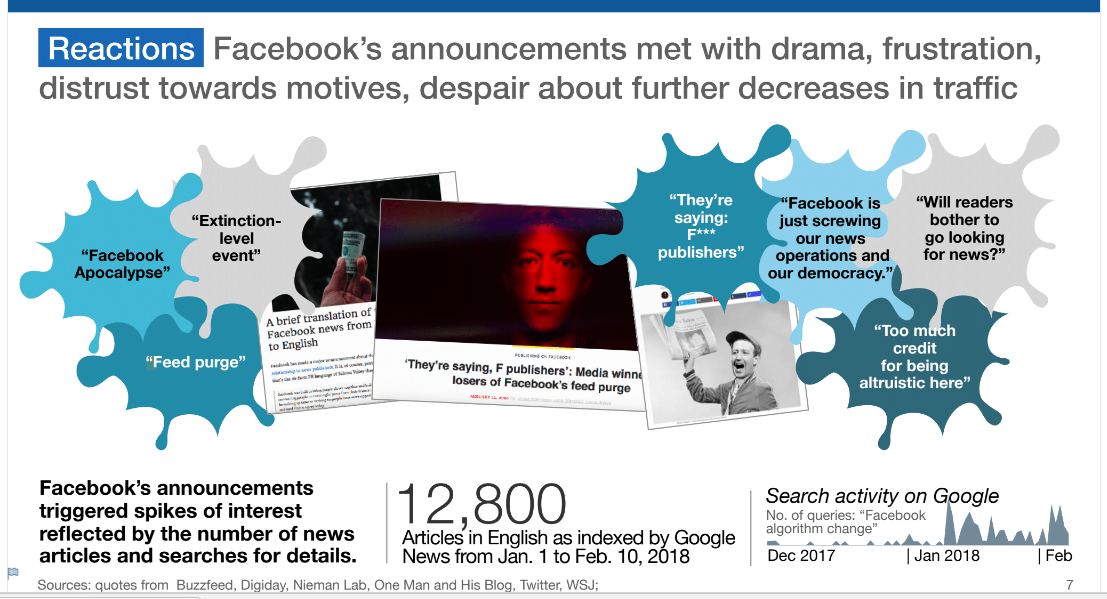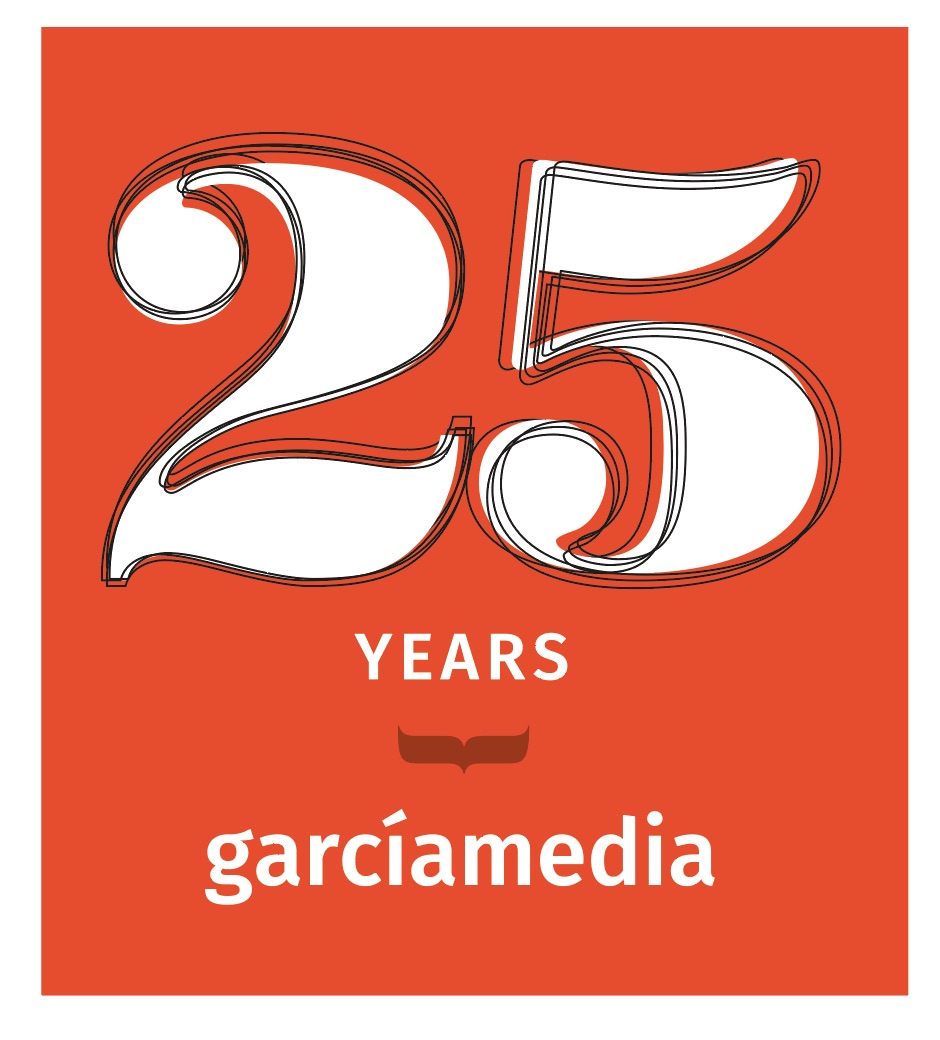This is the weekend edition of TheMarioBlog and will be updated as needed. The next blog post is Monday, Feb. 19.

If you ask readers in a focus group where they get their news and information from, many will tell you that they read it “in Facebook”. Some even think that the story they read was published by Facebook. As we know, Facebook is not in the publishing business. Facebook is more in the business of creating communities of people who come together to discuss what is good (sometimes bad) about their lives. However, many times what makes us feel good is an engaging article that we have read somewhere, so we share it with all our friends. That is how readers access many of our websites. They come to read one article, and we hope to seduce them to read a second article.
Now Facebook is in the news again: it recently announced a number of changes to its platform. One of those changes has created much discussion about publishers. Facebook plans to “deprioritize” media content from its news feeds zeroed in on the news industry. Publishers are worried. “What is that going to to do us publishers?,” a CEO asked me at a recent seminar in Buenos Aires. It is sort of like the traffic controller in that tower at the airport decides not to deal with certain flights.
A new WAN IFRA report, by the always well informed Grzegorz Piechota, a researcher at the University of Oxford and a former Nieman fellow at Harvard, tackles the subject in a thorough and objective way. I recommend it to anyone working in a newsroom today. The report is presented in the form of a narrative slide deck, and it includes Factsheet, Analysis, To do list, Part 1, To do List, Part 2. Some of you may have read Piechota’s previous WAN-IFRA’s report in the fall of 2017, “Reality check – making money with Facebook.”
The Factsheet of this report is full of graphics that set the stage for what’s to come in the report.

Some takeaways:
—As I read it, Facebook is interested in interaction among its members, and more of the feel good kind of Facebook exchanges, as opposed to the reading of news, some of which it probably considers less positive than our own exchanges about what vacation we took, or the new cat we adopted.Facebook steers away from media business to its communication roots. — All news and non-news brands by publishers are set to be affected worldwide. Broadly speaking, changes may most affect publishers that
rely on FB traffic, are partisan or just operate in polarized markets
–The report offers some suggested ways to respond to Facebook’s changes:
–Many news editors still are using their Facebook Pages as broadcast channels, and they are missing opportunities to extend their reach.
–Editors and marketers should take advantage of the Facebook’s network architecture.
–One idea would be to engage micro influencers, or users with diverse groups of followers.
–Another idea is to engage or build communities around causes, issues or activities, in which the news brand is a moderator or just a participant.

A conversation with Grzegorz Piechota

I reached out to the author of this report, Grzegorz Piechota, for his advice to publishers.
“Despite all the panic, many opportunities for news publishers remain within Facebook. Publishers usually have the staff, tools, procedures in place, so shifting KPIs for the social team might prove the easiest to deploy and effective in the short term.”
Piechota feels that in the long term publishers may have a closer look at the growth opportunities beyond Facebook.
What are some of those opportunities?
The main gateways to news are: direct visits to media websites, Google, and so called “dark social” or private sharing with messengers, e-mails etc. In practice publishers have two options:
-
mobilize their existing user base on their own website / app to visit more frequently and view more pages, e.g. with investment in e-mail newsletters and optimizing their home pages for the loyal users;
-
attract new users from other than Facebook platforms, e.g. in search such as Google, in messengers such as WhatsApp and in mobile aggregator apps such as Apple News.
One final piece of advice from Piechota: whatever publishers do with platforms, their strategy should be aligned with their business model. He presents a platform strategy framework in the report with four typical avenues publishers follow.
Facebook and publishers need each other
In my view, Facebook needs to think twice before neglecting publishers and the content they have to offer.
Facebook and publishers may be in the same situation.
Get the report here:
Click here to get information about the report: http://www.wan-ifra.org/reports/2017/09/08/reality-check-making-money-with-facebook
Of related interest
https://www.recode.net/2018/2/15/17013618/google-facebook-traffic-publishers-amp-chartbeat
Society of News Design New York: Celebrating 40 years

Mario’s Speaking Engagements

April 18-19, 2018-–Newscamp ,Augsburg, Germany.

May 26, 2018 —Associacion Riograndense de Imprensa, Univesidad de Santa Cruz (Unisc), Brazil

June 3-6, 2018—The Seminar, San Antonio, Texas.

Garcia Media: Over 25 years at your service

TheMarioBlog post #2780